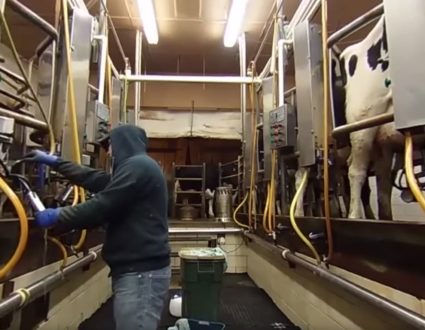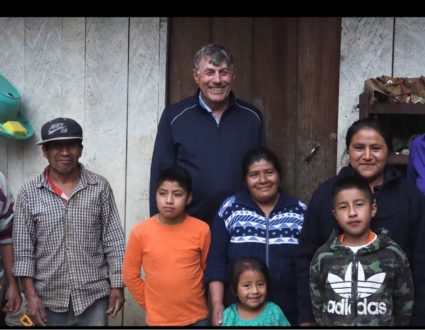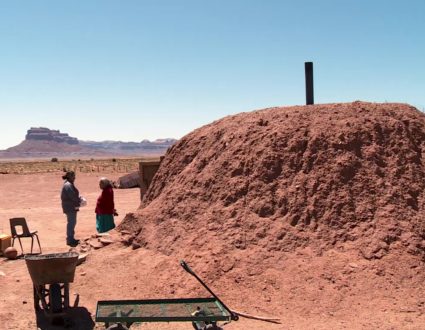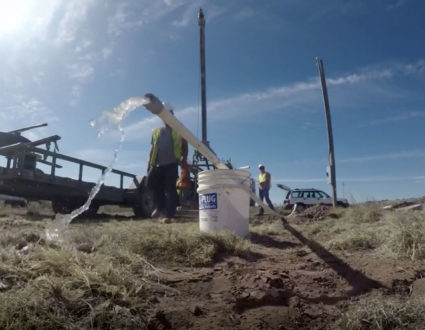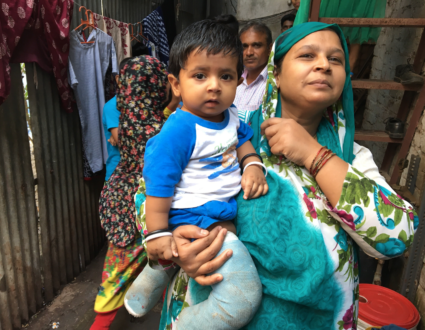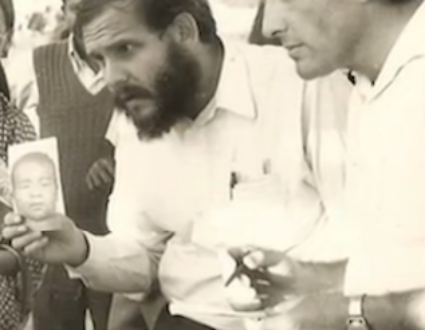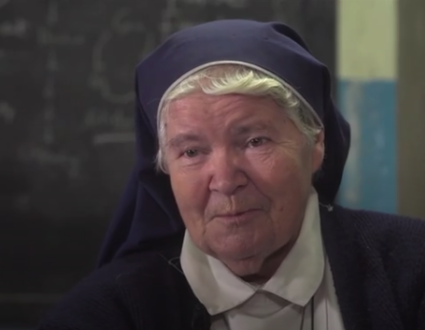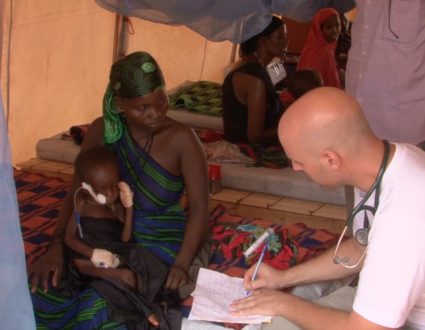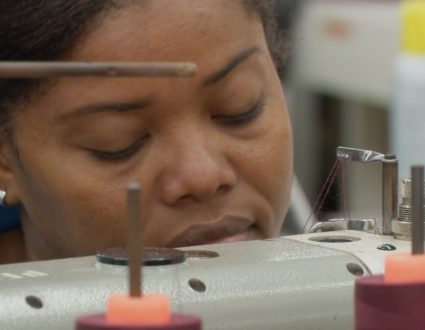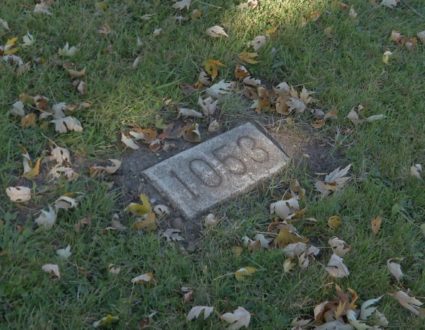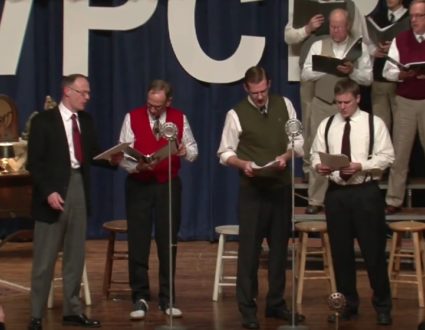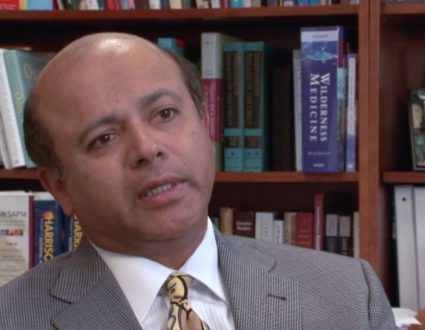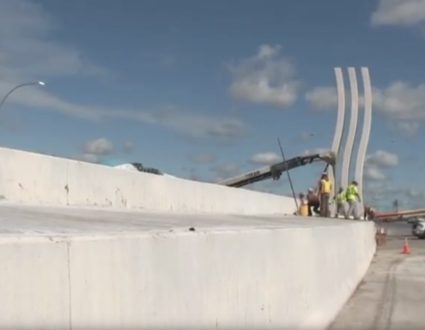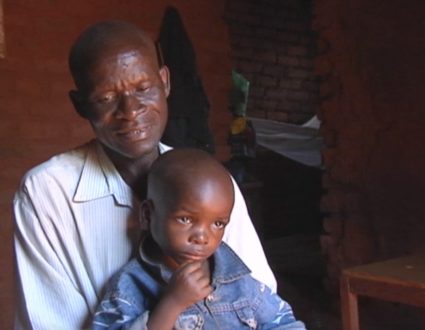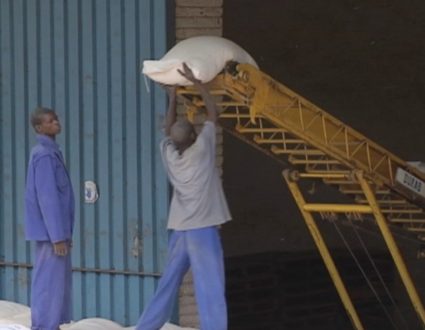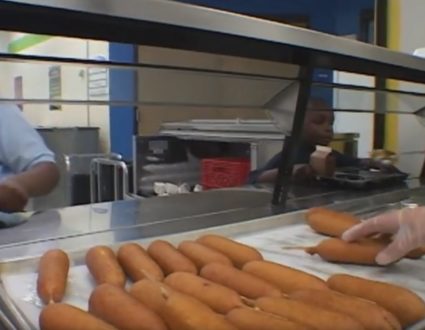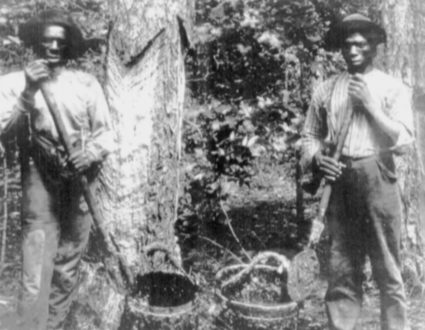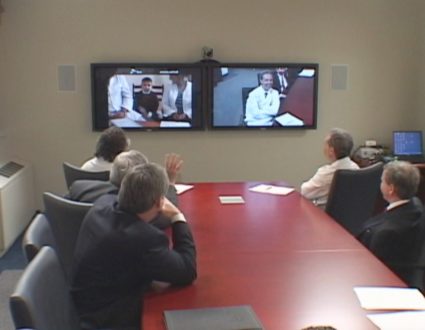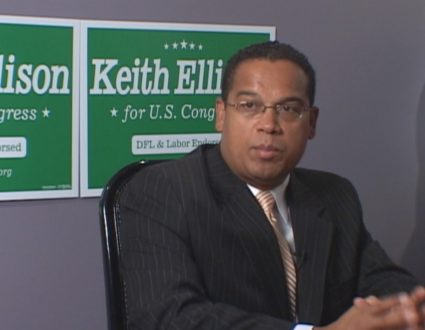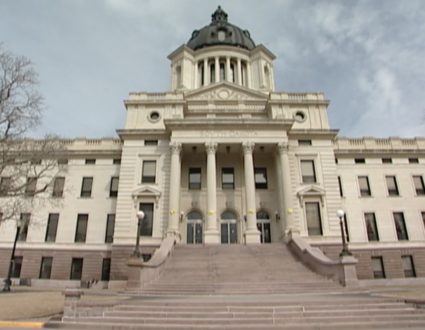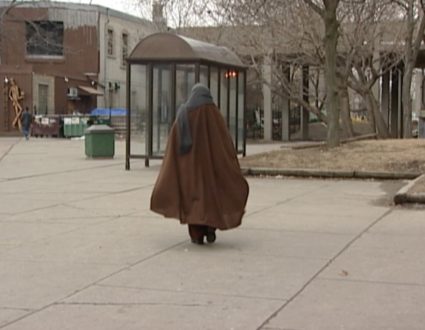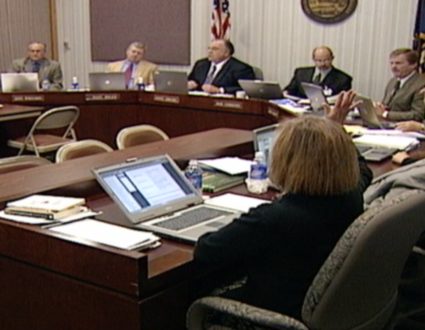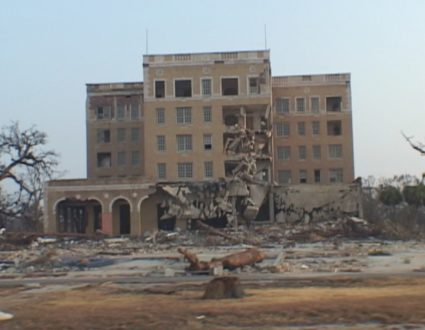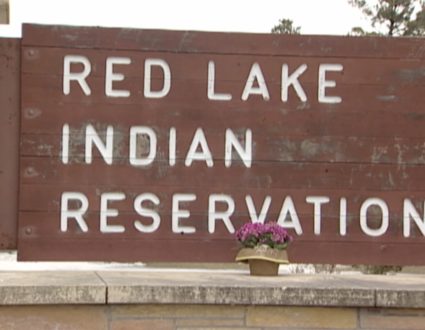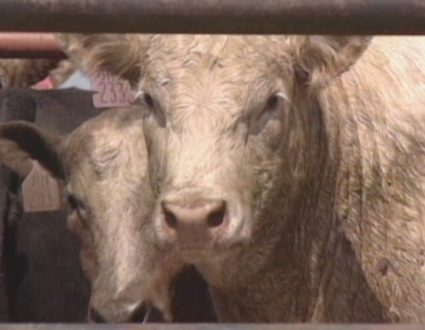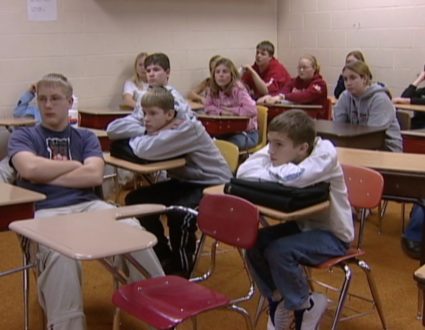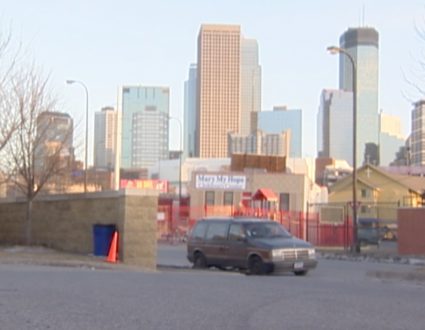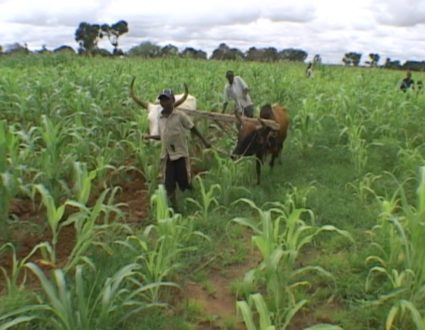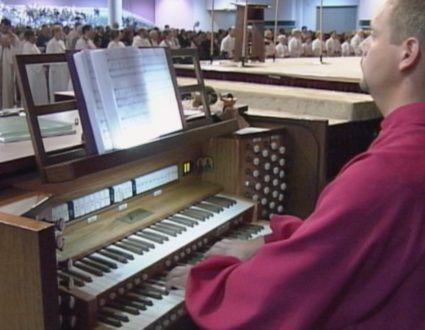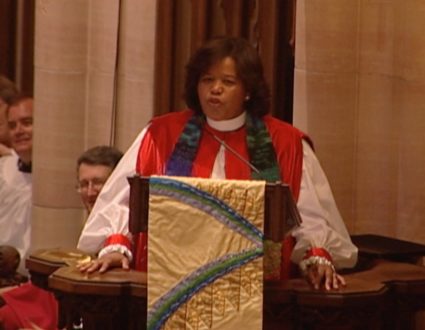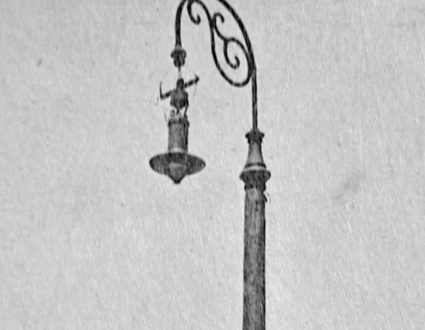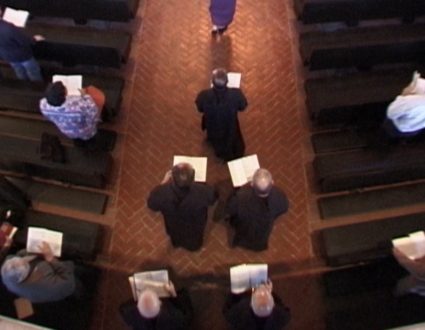Black History in Nicodemus
Judy Woodruff:The wave of migration across the United States in the mid-1800s included people looking to live in open spaces, with land to grow crops and the opportunity to have a better life.After the Civil War, that included freed slaves and their families.Fred de Sam Lazaro has the story we have one Kansas town that was established as a result.It’s part of our Black History Month coverage and our ongoing series Race Matters.
Fred de Sam Lazaro:The Kansas plains are filled with the lore of pioneers who, in the mid-1800s, laid the foundation of what would become America’s breadbasket.Less well-known is the smaller wave of newcomers for whom the journey meant something more.
Angela Bates, Historian:It really represents African American experience in the West, leaving war-torn, volatile Jim Crow South, and coming to experience real freedom.
Fred de Sam Lazaro:Historian Angela Bates’ ancestors were among an exodus of freed slaves who left the South in the years following the Civil War.Nicodemus was one of several all-Black settlements that sprung up across the U.S.
Angela Bates:It was a dream before even Martin Luther King was born. And so it was a dream that actually became a reality.
Fred de Sam Lazaro:Despite grinding poverty and a harsh climate, Bates says, they forged a community here.It was a hard life building a town here, right?
Angela Bates:It was for any pioneer, no matter what color you were. But for the African American that had endured slavery, I would say it was easier.They had a choice. And so, even though the hardships of living in holes in the ground, which were called dugouts, that was better than living in an environment where you had no choice.
Fred de Sam Lazaro:By the early 1880s, Nicodemus had a population of about 500. It had a bank, a post office, and several businesses, and was poised for more growth, anticipating that the railroad would soon come through, the equivalent in those days of a town being hooked up to the Internet for the first time.Alas, the railroad decided to lay its rails a few miles to the south of this town.
Angela Bates:As soon as the railroad bypasses your town, your economic viability is definitely in question. And then Nicodemus started to decline.
Fred de Sam Lazaro:That was the fate of other all-Black towns, most absorbed into larger municipalities or simply abandoned as residents migrated in search of work.For those who stayed on here in the decades that followed, life was a struggle, as it was for Black farmers across the country, who were largely excluded from critical government lending and price support programs.So, all this prairie land, all this farmland here was Black-owned at one point?
Johnella Holmes, Director, Kansas Black Farmers Association:At one point, all of it.
Fred de Sam Lazaro:And now?
Johnella Holmes:Maybe about 10 percent of it.
Fred de Sam Lazaro:JohnElla Holmes is director of the Kansas Black Farmers Association.
Johnella Holmes:Most of them that had to give up their land and their farm, they didn’t walk away with a nest egg.
Fred de Sam Lazaro:What is the condition of Black farmers today?
Johnella Holmes:Dismal. They’re still losing acres. They’re still walking away from their farming. The parents are no longer encouraging the children to go ahead and assume the debt and continue to farm.
Fred de Sam Lazaro:Much of Nicodemus lies in ruin today, but, for Holmes and others who call themselves descendants, there’s something special about this place. That’s why Holmes moved back after retiring from her job at Kansas State University.
Angela Bates:Both my parents grew up here.
Fred de Sam Lazaro:Angela Bates grew up in Pasadena, California, but, like her parents, felt the tug.
Angela Bates:And so, when they moved away, they always came back, because this is home, home being our own all-Black town. And very proud of that.
Fred de Sam Lazaro:In the ’90s, Bates led a campaign that successfully designated Nicodemus as a national historic site, memorializing the little-known Black pioneer experience.As schoolchildren come on field trips and others gather for annual homecoming days held in the summer, they get a different take on Black history.
Angela Bates:Too often, we look at slavery, and, as we look back, we — all we see are the atrocities.But out of that came great things. It created greatness in people and tenacity in people. And so what they were doing out here on the isolated high plains of Kansas was phenomenal.I’m proud of that legacy. It runs in my veins and it just makes me feel that the world needs to know the story.
Fred de Sam Lazaro:Out of a history defined by struggle, Bates says she wants to create a future that can inspire hope.For the “PBS NewsHour,” I’m Fred de Sam Lazaro in Nicodemus, Kansas.
Judy Woodruff: Such important history. And Fred’s reporting is a partnership with the Under-Told Stories Project at the University of St. Thomas in Minnesota.
The African American experience in the West
As an exodus of freed slaves left the South in the years following the Civil War, Nicodemus, Kansas was one of several all-Black settlements that sprung up across the U.S. Today, Nicodemus is designated as a National Historic Site, memorializing the little-known Black pioneer experience.












































